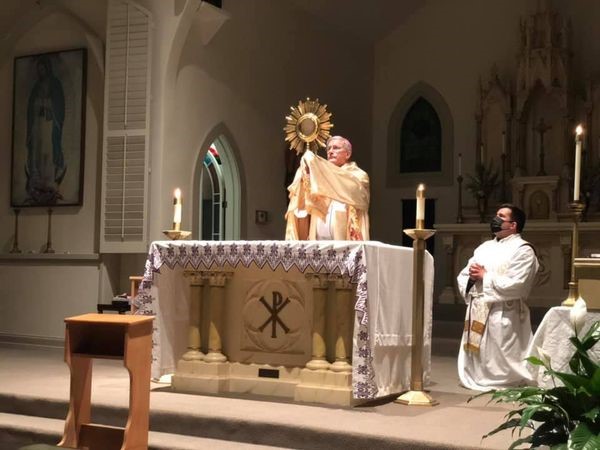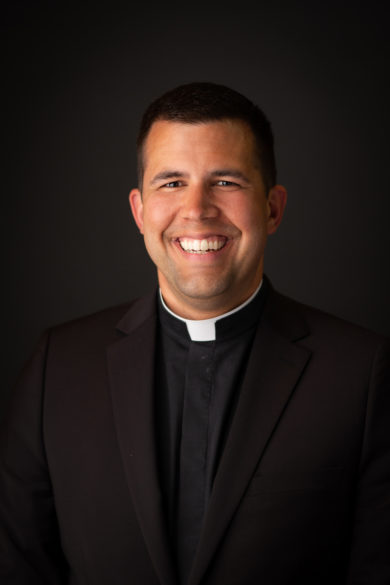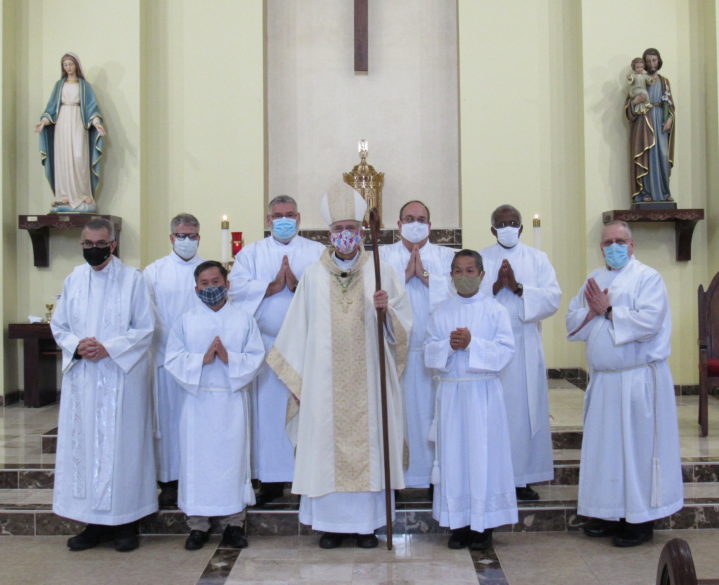Our Prediscernment Prayer Nights wrapped up in late April and I want to thank all the parishioners who came to the various parishes to pray for vocations to the priesthood and religious life. I ended up visiting ten parishes in across the diocese. It was really incredible that our final stop on the tour brought our largest crowd as we had a packed house at St. Michael’s in Forest! A special thanks to all the pastors and parish leaders I worked with as we made these evenings of prayer available to so many.
As we continue to make changes to our COVID protocols I am excited to announce that I will be hosting a Men’s Discernment Retreat this summer at Our Lady of Hope in Chatawa. This retreat center was formally St. Mary of the Pines and has been sold to a Catholic group from the Diocese of Baton Rouge. The retreat will run from June 22-24 and is for young men ages 15-25. I’m hopeful that many of the young people who came to pray with us this winter and spring can build up bonds of friendship with one another at the retreat this summer. We will have keynote talks addressing important facts about discernment and the reality that the Lord is calling each of us to a vocation. But most of all this will be a time of fun and fellowship, helping young men from various backgrounds and at various stages in their lives get to know one another and find support.
It has been almost a year since I began as full-time vocation director, and I pray that this retreat will be a visible sign of the work that is being done in cultivating discerners from our diocese. It is so important that young people who think they might have a call to priesthood or religious life have other like-minded individuals to spend time with. Discerning a vocation can be isolating, but the more we can support one another the more young people will feel empowered to do God’s will.
I have been so impressed by the dedication of so many young people in our midst who are seriously considering God’s will in their life. Please continue to pray for these young men and women and pray that the young men who would benefit from attending this retreat will have the courage and the capability to sign up! If you are interested or you want to know how to refer a young man to sign up, please log onto www.jacksonpriests.com/comeandsee or simply email me at nick.adam@jacksondiocese.org or more information.



